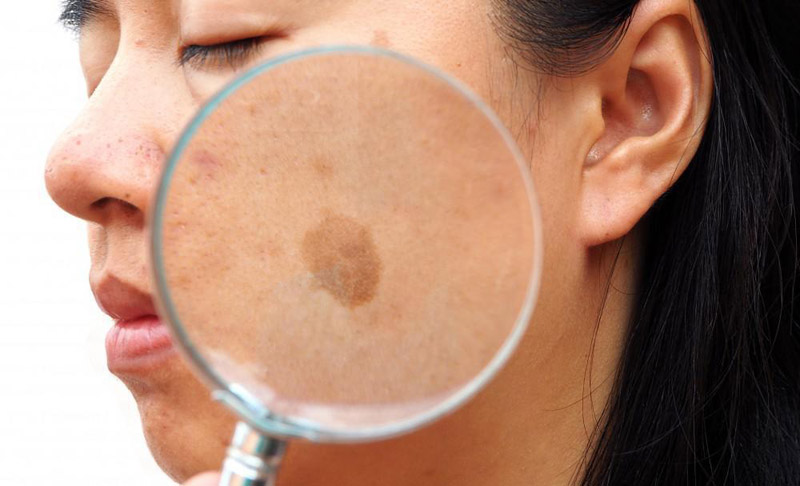Call Us
310-274-4401
Blog
Common Causes of Melasma and What You Can Do About It

Melasma is a condition that causes dark patches of skin to develop on your face. These patches typically are brown, but they may appear grayish, and they most commonly appear on your forehead, chin, cheeks, and the bridge of your nose.
You may also develop melasma-related discoloration on other areas of your body that are exposed to sunlight. While melasma may cause diminish your self-esteem, it is not a health concern. It is not painful, itchy, or contagious. However, skin cancers may look similar to melasma, so visiting our office to confirm a correct diagnosis is essential.
At Rapaport Dermatology, with offices in Beverly Hills and Culver City, California, board-certified dermatologist Dr. Vicki Rapaport and her team understand how these skin patches can affect your confidence. That is why they offer several treatment options to reduce the severity of skin discoloration while still protecting the health of your skin.
Causes of Melasma
People from the Middle East, African-Americans, and other ethnicities with dark skin are especially at risk of developing melasma-related discoloration. Other factors that can trigger the development of melasma include:
- hormonal changes
- use of birth control
- frequent sun exposure
- pregnancy
- certain medications
Men can get melasma, but it is far more common in women. Only about 10 percent of melasma cases are men. Women are more likely affected by the many hormone changes they experience during their menstrual cycle, pregnancy, and throughout the transition to menopause. There is also believed to be a genetic component. Melasma can run in families. Discoloration does not appear overnight. It develops slowly over weeks or months.
How to Effectively Treat Melasma
In some cases, your experience with melasma may be temporary. Darkened skin patches may fade on their own without treatment.
For others, melasma can be a permanent condition that affects how you feel about your appearance. Your treatment plan will be individualized and may incorporate multiple approaches. To determine the right plan for you, Dr. Rapaport will first figure out what is possibly causing the melasma.
Both men and women have options for reducing the severity of the melasma-related skin discolorations, including:
- chemical peels
- topical medications
- dermabrasion
- non-invasive laser light therapy
Best of all, none of these treatments entail downtime.
If you struggle with melasma patches, Rapaport Dermatology can help. Make an appointment at one of our offices in Beverly Hills or Culver City.
